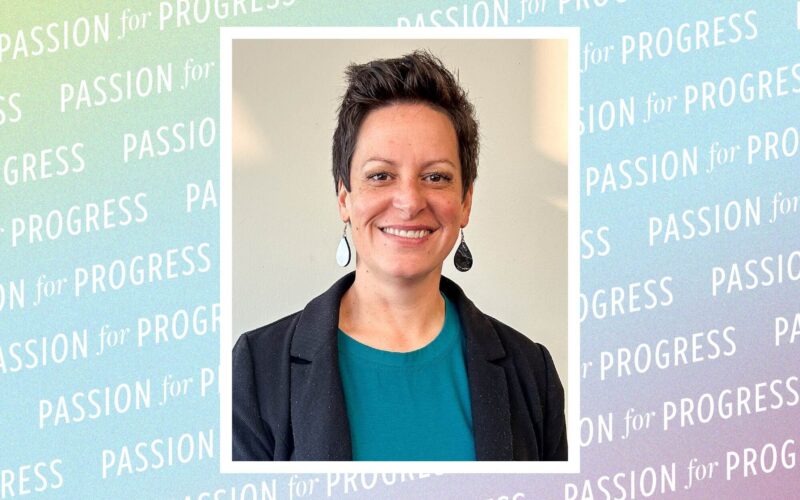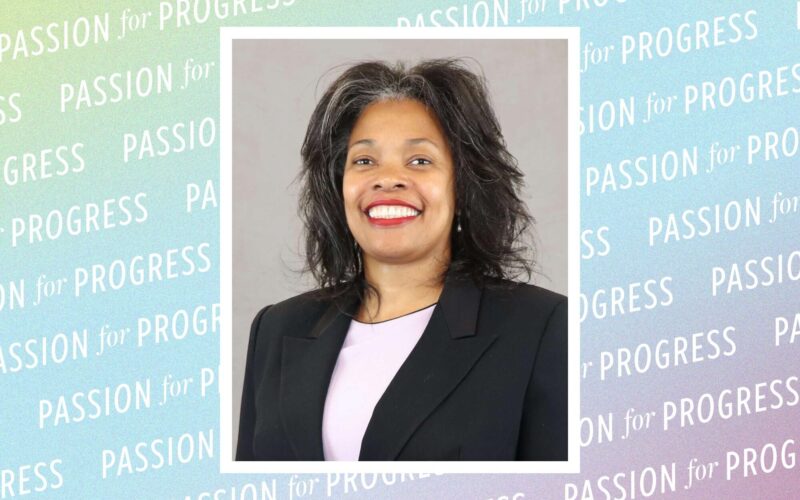BY BRIAN FOGLE, PRESIDENT & CEO
Relieving the burden of bitterness with grace and forgiveness
Jan. 13, 2021 — I awoke last Wednesday filled with some newfound hope. Vaccines are now on the way, and I read first thing in the morning about a Deep South state sending its first Black and first Jewish Senators in history to Washington. “Because this is America, the 82-year-old hands that used to pick somebody else’s cotton went to the polls and picked her youngest son to be a United States Senator,” said the newly elected Rev. Raphael Warnock, the senior pastor at Ebenezer Baptist Church in Atlanta, where Dr. Martin Luther King Jr. served as co-pastor in the 1960s.
I also was on my way to Jefferson City see my daughter Betsy sworn in as State Representative after a hard-fought campaign against an incumbent. She won by just over 40 votes, but the system worked. Representatives from both parties monitored the recount, and the decision was accepted by all. I was even told by someone “inside the room” that new bi-partisan friendships were forged among some of the monitors.
Then, while in our beautiful state capitol building for the ceremony, the news from our nation’s capital started coming in.
On Wednesday, and since, I think we have all gone through several stages of disbelief, shock, sadness, anger and more. Collectively, we as a nation are asking, “what do we do next?” That furor has elicited many responses politically and personally, and rumors about more violence are spreading. So, what do we do?
As I was reading about Rev. Warnock’s election, I thought of U2’s song “Pride (In the Name of Love),” written about his predecessor. Dr. King helped our nation through some very troubling, dark times, which we not only endured, but in many aspects, prevailed. U2’s lead singer, Bono, sang the lyrics from that song with passion that still sends chills down my back. Bono later championed the Jubilee 2000 movement.
“Jubilee” is a Jewish tradition, captured in Leviticus, about forgiving debt in the Jubilee year, which happened every 50 years. The “Jubilee 2000” initiative in the late ’90s challenged the G-8 countries to forgive $100 billion in debt owed by developing countries whose economies were constrained by those obligations. As a banker in those days, I certainly didn’t want a mandatory debt forgiveness as public policy, but loved the voluntary and unselfish nature of Jubilee: All is forgiven.
After last week, the anger, bitterness and fury continue on “both sides.” We demand accountability and justice. Given the unprecedented nature, we certainly can justify those emotions. If we admit it to ourselves, many of us want revenge.
So, what do we do next?
I propose that 2021 be a Jubilee Year. No, this doesn’t mean people shouldn’t be held accountable for actions, or that criminal activity goes unpunished, but my suggestion is more personal. Not that we forgive debts, but that we forgive each other and ourselves. The burden of bitterness and anger can often be heavier than any financial ones. We have carried annoyance, indignation, resentment and even rage on our shoulders for 10 months of a pandemic, and even more so after the attack on the Capitol. It weighs on our actions and outlook. As I’ve mentioned before, “Grace” is my favorite word in the dictionary. By giving Grace to others and ourselves, our own weary load is lightened immeasurably.
It’s a Jubilee Year. For us to move forward personally and politically, we need to demonstrate some Grace. Even with the vaccine, we will never truly heal from this pandemic until we let go of the anchor of fury trying to drag us under. In his book “When All You’ve Ever Wanted Isn’t Enough,” author and Rabbi Harold Kushner asked, “Would you rather be right, or joyful?” We may have every right to be bitter, angry and resentful, and feel those emotions are justified.
But … we can choose to forgive, and provide a measure of Grace, and I do believe that’s a better answer to “What do we do next?” than many I’ve heard and read.
Let’s make this a Jubilee Year.



